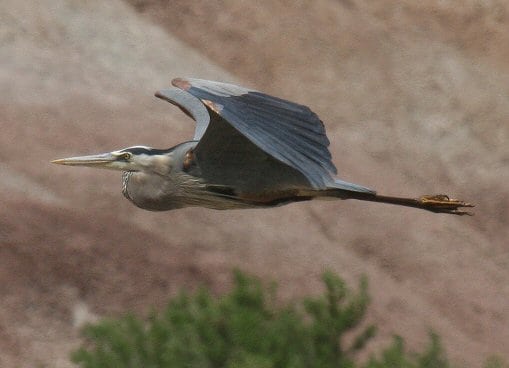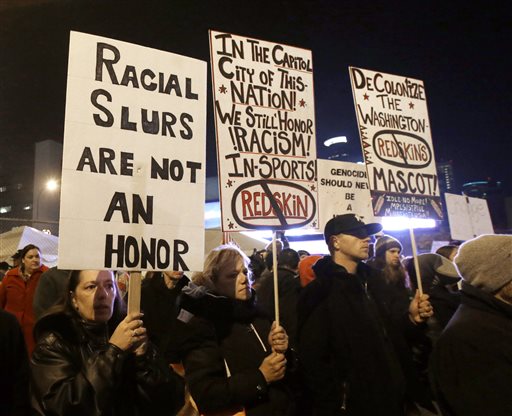My response to Daniel Ibn Zayd’s (of Transracialeyes.com blog fame) query regarding recruitment advertising for transracial adoption research.
As a researcher who has studied “us”, I would like to weigh in. I, as an American Indian transracial adoptee, wanted to study us because no one was talking about our experiences. As transracial adoptees we were shut out and shut down as we sought to voice a counter-narrative to a colonizing society. We were jeered when we tried to speak to the experiences of what it meant to be American Indian being forced to live within a world where Natives were seen as less-than. In the world we grew up in we were invisible, at best, and dead, at worst. We were feral with animalistic drives of war and sexual passion, or we were quiet, demure, compliant. We had innate musical or artistic abilities but not a lot of intellect – at least no one told us we were smart; not our parents, not our teachers. We were good storytellers and good dancers. But we didn’t know how to raise our children and keep our families intact. We didn’t know how to go to church and not drink on the weekends. We didn’t even know our own cultures! We, as adoptees, knew the history of those thoughts; we learned the history of those thoughts, and many times we were forced to live the history of those thoughts.
Outsiders who study “us” do so from within a narrow lens, a sliver of glass that distorts what they see. Our experiences become singular, isolated, taken out of a context within a broad sweeping history of what it means to be us. They want to know how much we drink, or how often we do drugs because it then illuminates a reason for our psychological escape that doesn’t include a conversation about the discomfort of a history we were made to endure. Researchers suggest a flaw – perhaps in character, perhaps it exists in our genetic code – that would explain our inability to moderate ourselves, our inability to repress our anger at families and a society that seeks to instill in us a sense of shame of being who we are. They may find we are wounded, beyond repair, because of our removal and replacement in another family. These, they argue, must be the reason for our psychiatric illnesses and our psychological lacerations.
What these findings do not address is the devastation that has occurred in every single generation of American Indians over the past two hundred years as the U.S. government and religious organizations worked so assiduously to dismantle us through brutal acts of war and butchery, thousand mile forced marches over our homeland, dismemberment of our families, our children, our livelihoods, our spiritual groundings, our economy – that at one time ensured all people in the community were cared for. When these institutions took all of this away, we stood on the brink of extinction, where they told us we were bad people, and as a result put us on land that was many times not even ours to claim as territory; they said they would take care of us, and they did so, by locking us away, saying we no longer had the right to hunt or gather the way we used to, said we were such inadequate parents that our children had to go live elsewhere – and sometimes we believed them, these men of power, and we became that way. These institutions failed to provide food that they promised, or education that would allow us to thrive within the world they created, not just work for other people who lived in that created space. The anger, the frustration, the shame boiled over within these narrowly defined places of being and when we fought back the military moved against us, again and again and again. So that anger turns inward, among us, within us. We kill one another; we kill ourselves. And people shake their head and wonder how we lasted the length of time we did on this earth given our pathologic behavior.
We are tired of outsiders, those who are not adopted – transracially or otherwise – conducting studies and telling us who we are, or how we should fit neatly into some theoretical framework that is not of our making. Researchers, we are tired of filling in bubbles that don’t allow for the shadowed spaces of being to be illuminated, the bubbles that indicate the black and white checkerboard of existence, the bubbles that frame us, mark us, discount us, or vilify us. Researchers, when we tell you our stories and they are misinterpreted, or even misused, we lose a sense of autonomy over those stories that we have shared so willingly, hoping you would help us understand, because we can’t express the anger without consequences. We don’t want to hear about how our placement was so wonderful that transracial adoption should be practiced even more. Perhaps our placement wasn’t wonderful. We don’t want to hear that we should just get our act together because other groups who immigrated here and were framed as drunkards and animals have done well – heck, said one friend, look at the Irish! We don’t want to hear the genetic codes for inebriation can only be found in the genes of minority populations, or that mental illness runs along family lines, especially when those lines date back to the most brutal times of colonization. We want our accounts taken into consideration, made note of, discussed because perhaps we just flat out disagree with the concept of adoption altogether. Perhaps we believe it should be weighed more carefully in the minds of society, of parents, of communities or that it should cease to be a panacea for the societal illness that somehow only White people can cure. We don’t want to feel judged, de-valued, overlooked, overrun, or marginalized. We also don’t want to be standardized, hypothesized, or theorized unless you know what it feels like to be us!




8 Comments
I agree with you Susan… myself is mixed between PNG and WestPapua…just brief comments..when I was in West Papua(lecturing)..when marked students(so fairly ) depend on what they do..when it fall, they told me” go back to your country….when I was lecturing in UPNG……I was told by mate…this is my country…so I answer, this is my country too….but I choose to away from this situation and staying in Australia. in my heart, to be honest” I realy want to help my people”…but I rejected…so, what can I do……when I talk about the culture of PNG’an, they say it not same with West Papuan….when I talk about West Papuan, PNG’an refused and say we dont want to know them..In fact they are both on one Island call New Guinea Island or Cassoary Island, same skin and colour, mixed each other..the differencies is PNG under Australia before independent on 1975, speak in English, west Papua under Indonesia after the dutch ( Nederland) in 1960’s, speak in Indonesian languages…So, I fully agree with you Susan that we are human being..we have right to do everything as others do in this world……..heaps Susan.
Trixie – thanks for your comment. That area of in-between we seem to garner within and among our own groups can be confusing, and even painful. And it all boils down to colonization. When colonizers turned their stink eye on us and twisted arms for us to become like then, we turn around and cast the stink eye on the next person, we were making our way up the hierarchy established by the colonizers. When the colonizers left, or when they were done with us, when we had fulfilled their needs, we could only argue amongst ourselves who was more “real”. Thank you for that illuminating story from another part of our world.
Well, after I took a deep breath, swallowed hard and fought back a sudden surprise urge to cry that rarely used space of real under all the crap of conditioning nearly burst with pride at the smooth way you say “No thanks, we got this!”
Levi – thank you. Sometimes I wonder if people think I’m being difficult just to be difficult. Or if I’m saying: I put a great research design out there and everyone else’s stinks. Both of these are a resounding “No!”. Yes, I put a great research design out there, but my essay comes from the fact, in order to help out those like people helped me out, I participated in e surveys. By the 3rd survey, I was so angry by the 3rd because either there were a LOT of assumptions being made, which didn’t seem appropriate, or there were biases that forced me to answer in a certain trajectory, which did not fit mine, or many of the people I spoke with, experiences. So, the essay is two-fold:
1) even psychologists who study Native populations – know your history, know it well.
2) we need more Native researchers – which is another post in an of itself.
Thank you, Levi, for your amazing support. You, with your own work, are changing the world as we know it.
Well said, sister. A salute from an transracial adoptee in Denver!
Thank you, Ali!
Well done….well said.
Thank you Elena – it has been an honor to know you as a colleague and a friend.